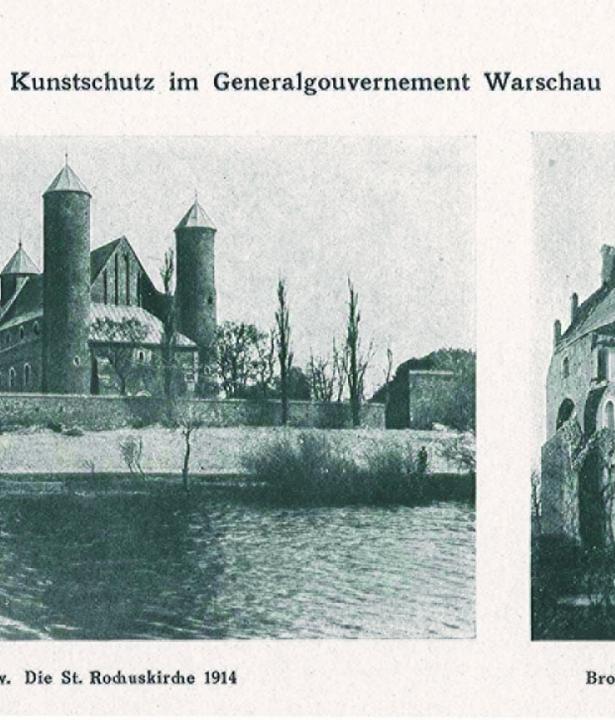The Leibniz Institute for the History and Culture of Eastern Europe (GWZO) focuses its research on the region between the Baltic, Black and Adriatic Sea. From Late Antiquity until the present, we examine peculiarities, transformations and interrelationships in an ever-more global world. Fundamental deep knowledge about Eastern Europe is created when experts from different disciplines of the humanities and academic cultures come together. We inform experts and the public about our research results with non-fiction and guidebooks, exhibitions, events and digital knowledge resources.
Text
Fundamental to the GWZO is the broad temporal framework of its cross-epochal research, which begins at the transition from late antiquity to the early Middle Ages and extends to the present day, as well as its pronounced interdisciplinarity. The GWZO's basic research combines methods and concepts from the disciplines and subjects of archaeology, medieval studies, literary studies, Eastern European studies, history, art history and architectural history as well as interdisciplinary cultural studies. Scientific approaches are also brought to bear. Its consistently broad range of subjects is a unique feature of the GWZO, not only in Germany but also in international comparison. It thus contributes to an elaborate understanding of the historical and contemporary developments in the states, societies and cultures of Eastern Europe. The Institute is closely linked to the University of Leipzig. There are joint appointments and close cooperation in research, teaching and career training. There are also many cooperative relationships with numerous academic institutions in Eastern Europe. The GWZO informs experts and the public about the results of its research through specialist and non-fiction books, exhibitions, events and digital knowledge resources.







